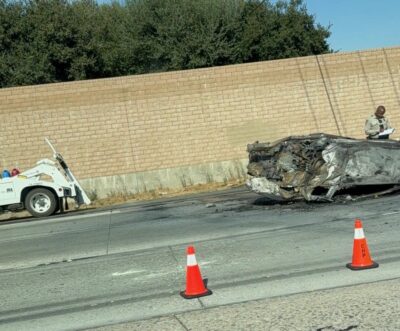If you are involved in a car accident in the state of California, you may be entitled to compensation for various damages. Generally speaking, you are entitled to damages regardless of your immigration status at the time of the wreck. Let’s take a look at what courts look at when determining who caused a crash and the various ways you can resolve your case.
Undocumented Immigrants Can Purchase Car Insurance
Under Assembly Bill (AB) 60, undocumented immigrants can both obtain a driver’s license and buy insurance. State law requires a minimum of $15,000 per person and up to $30,000 per accident. You must also carry a minimum of $5,000 in property damage coverage. Those who are undocumented may also be able to buy uninsured or underinsured coverage to help compensate them after a crash caused by someone who lacks sufficient coverage.
The Authorities Are Unlikely to Be Notified
The TRUST Act prohibits local law enforcement from reporting the immigration status of drivers involved in car accidents. Therefore, you shouldn’t leave the scene of a wreck or otherwise break state law out of fear that you’ll be deported for reporting it. In fact, failing to report an accident or leaving the scene without rendering aid could result in an insurance claim denial or hurt your ability to obtain a favorable settlement or jury award.
Immigration Status Won’t Change the Facts in Your Case
Your immigration status has no bearing on whether you are liable for causing a wreck. Instead, the facts of the case will determine who was liable for causing it to occur. Examples of negligence include driving while impaired, running a red light or driving a vehicle that wasn’t properly maintained.
There are four specific elements that you’ll need to prove to obtain a favorable outcome in your case. First, you’ll need to show that the other driver had a duty of care, and in California, all motorists owe a duty of care toward others on the road. Next, you’ll need to show that this duty was breached.
Finally, you’ll need to show that you suffered financial losses directly because of the defendant’s actions. For instance, you may incur medical bills or lost wages as a result of your injuries. Medical records may be used to show that your injuries and related expenses were caused in the crash.
What to Know About Comparative Negligence
It’s possible that you will be deemed at least partially at fault for your accident. For instance, a jury may find that you were driving too fast for road conditions at the time the other vehicle ran a red light and hit your car.
In such a scenario, the state’s pure comparative negligence laws come into play. Comparative negligence means that your award is proportional to your liability. In other words, if you are deemed to be 25% liable for your crash, your award will be reduced by 25%.
It also means that you can still recover damages even if the wreck was deemed to be mostly your fault. Let’s say that you were found to be 80% liable for the crash and your injuries. In that case, you’d receive 20% of whatever you’re awarded through a settlement or by a jury.
After an accident, you should call the police and file an insurance claim. Ideally, you’ll contact an attorney prior to speaking with anyone else about the case to avoid saying or doing anything that might harm your case.






